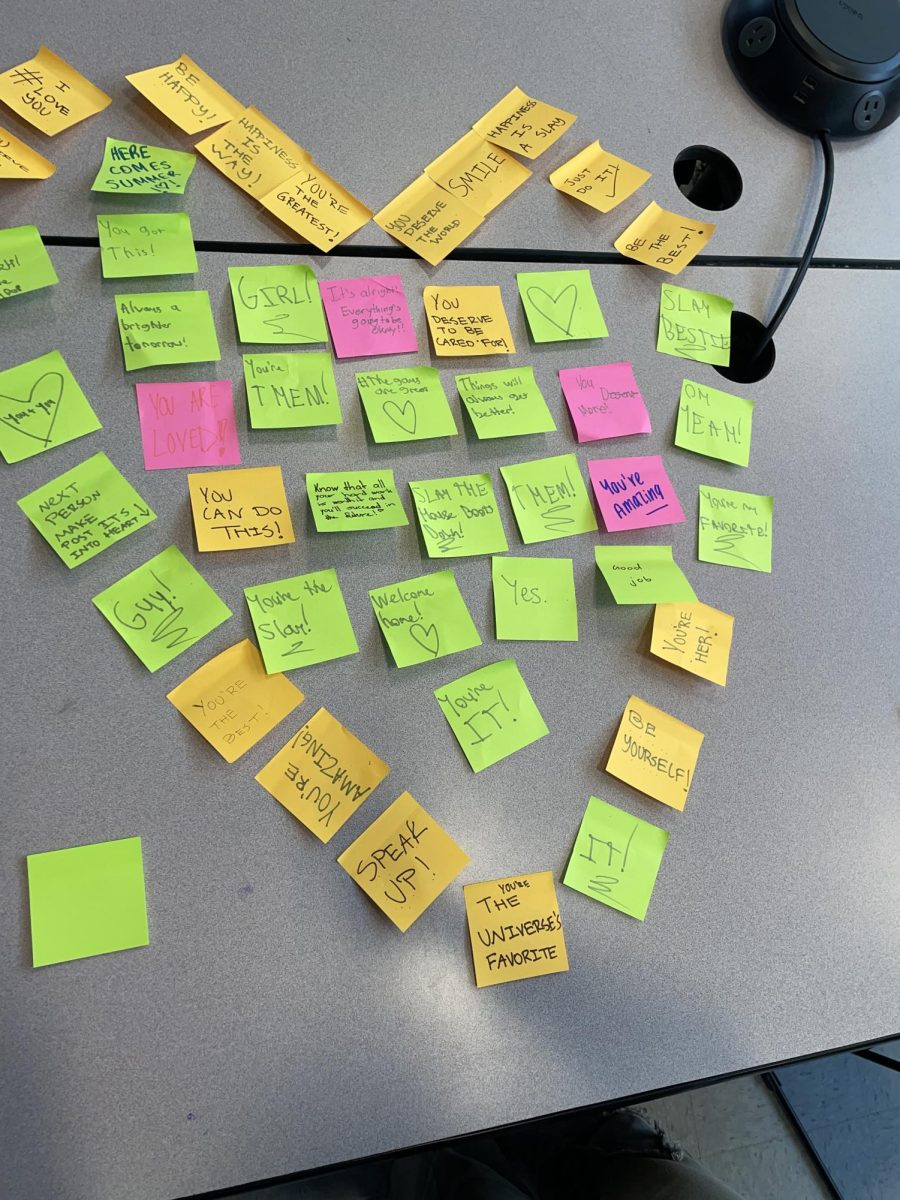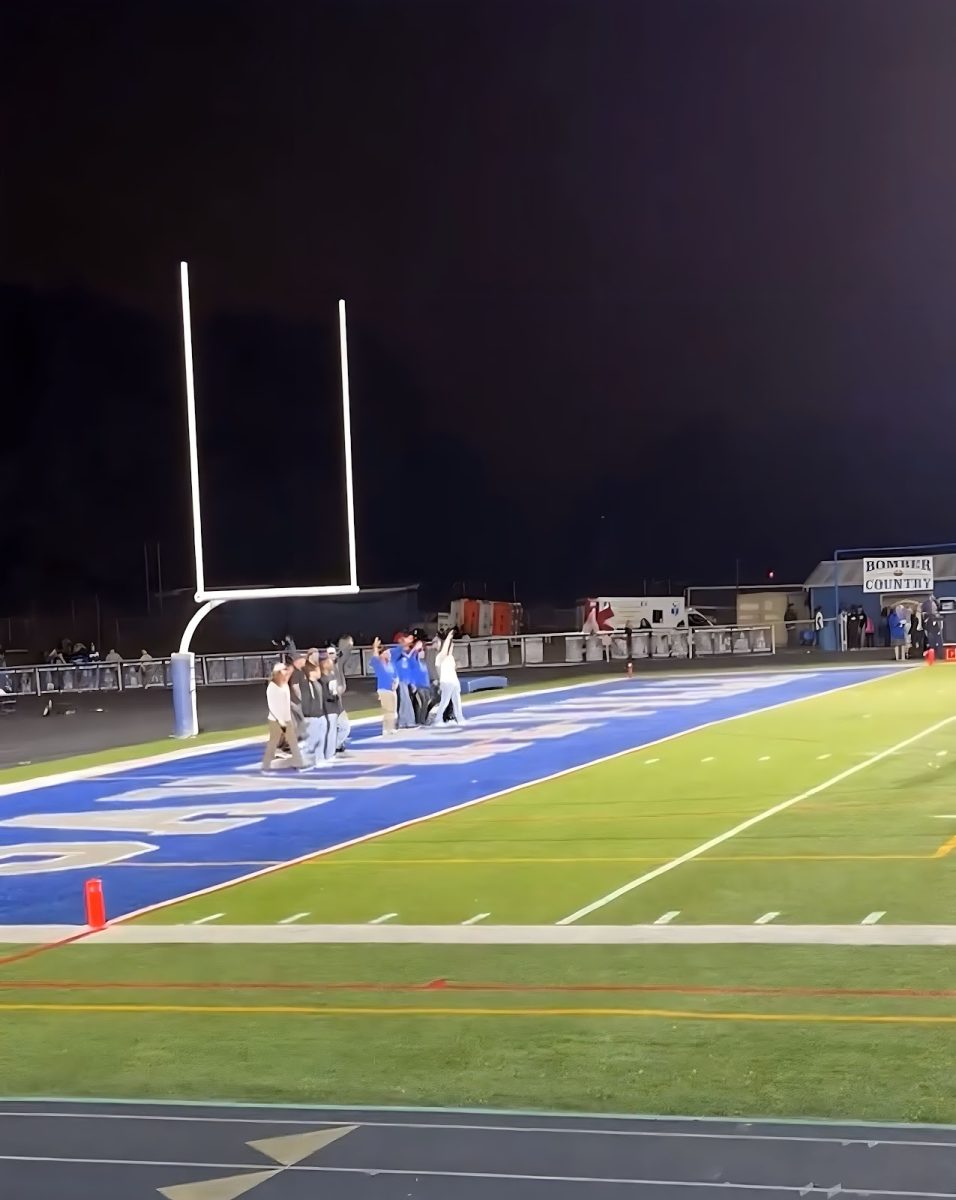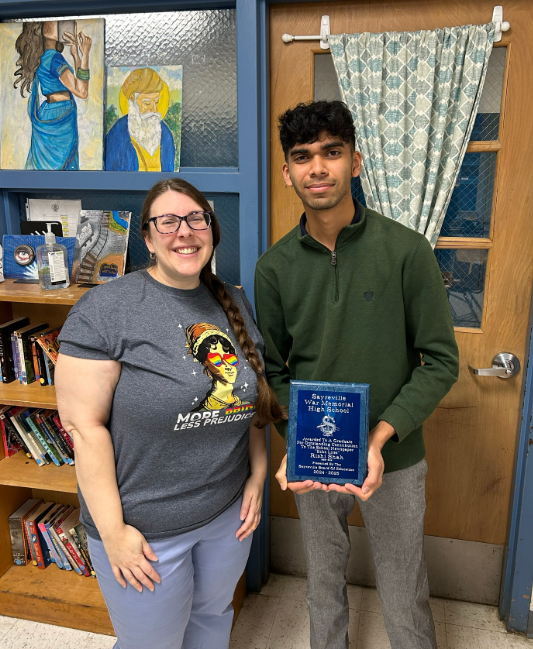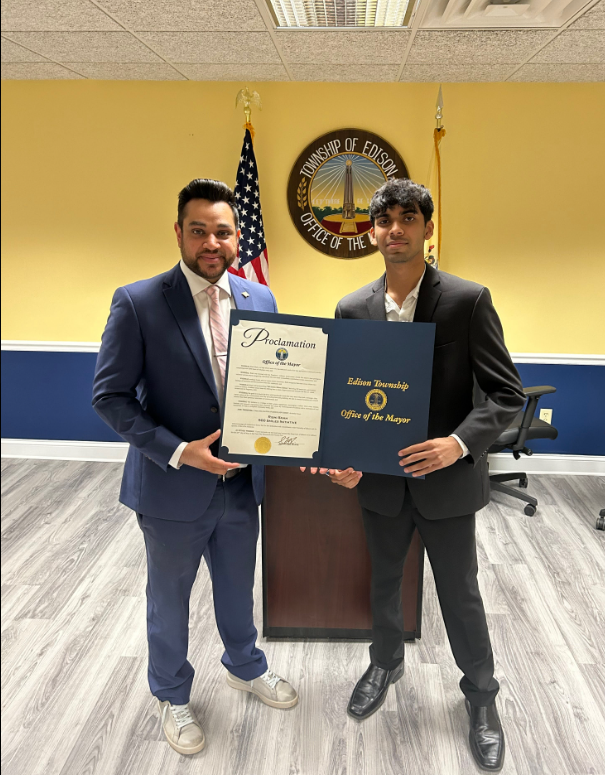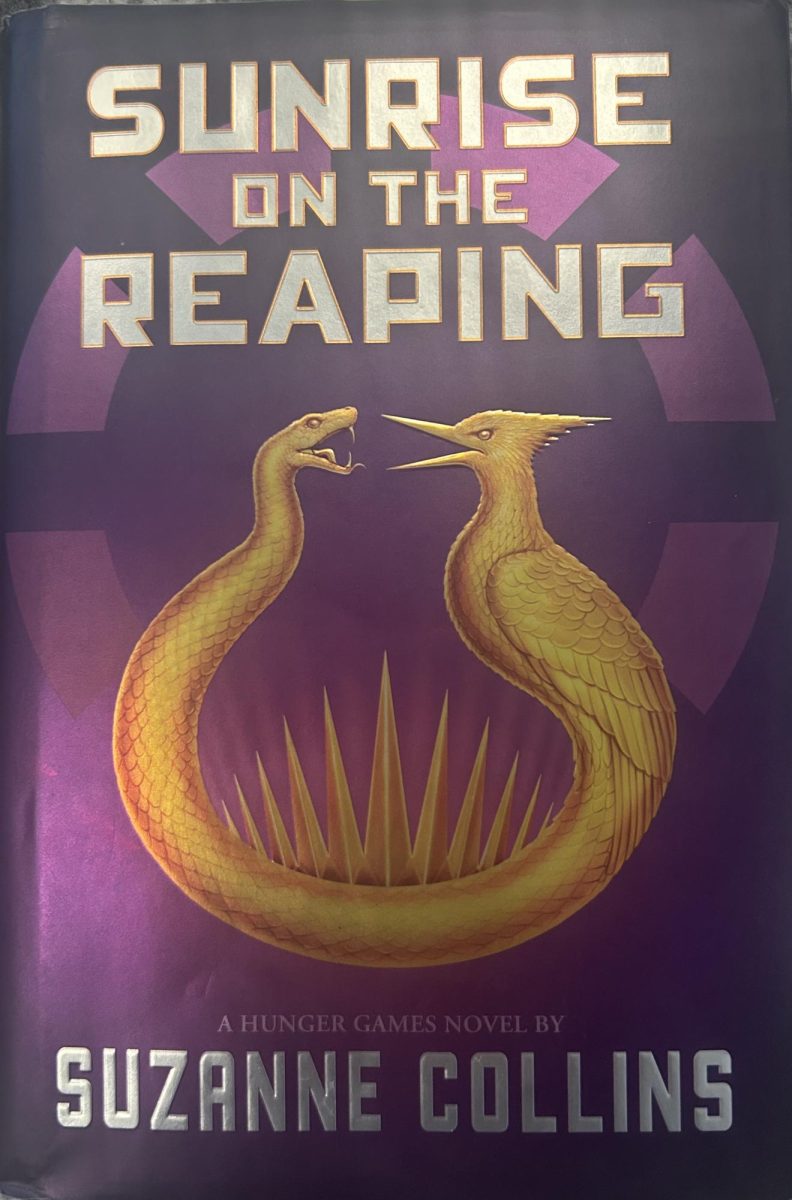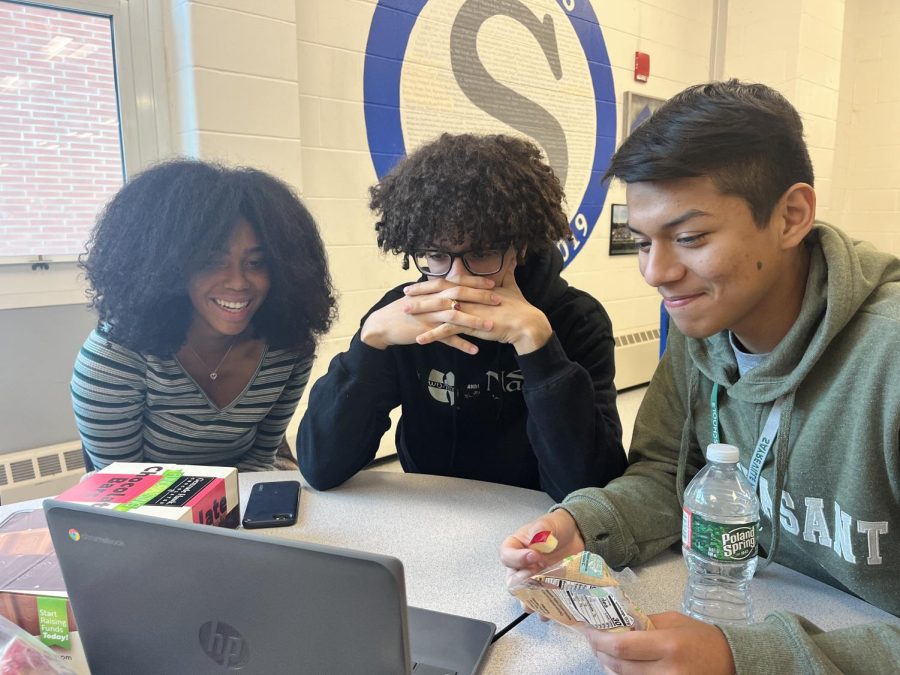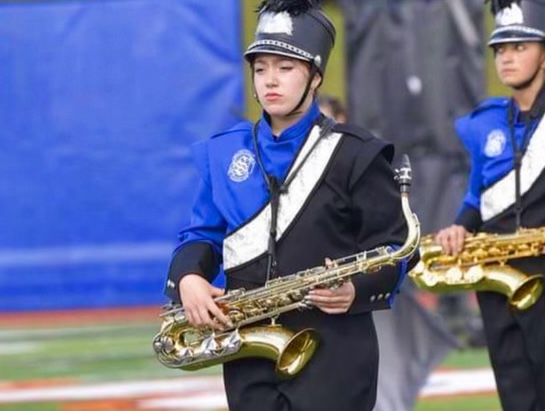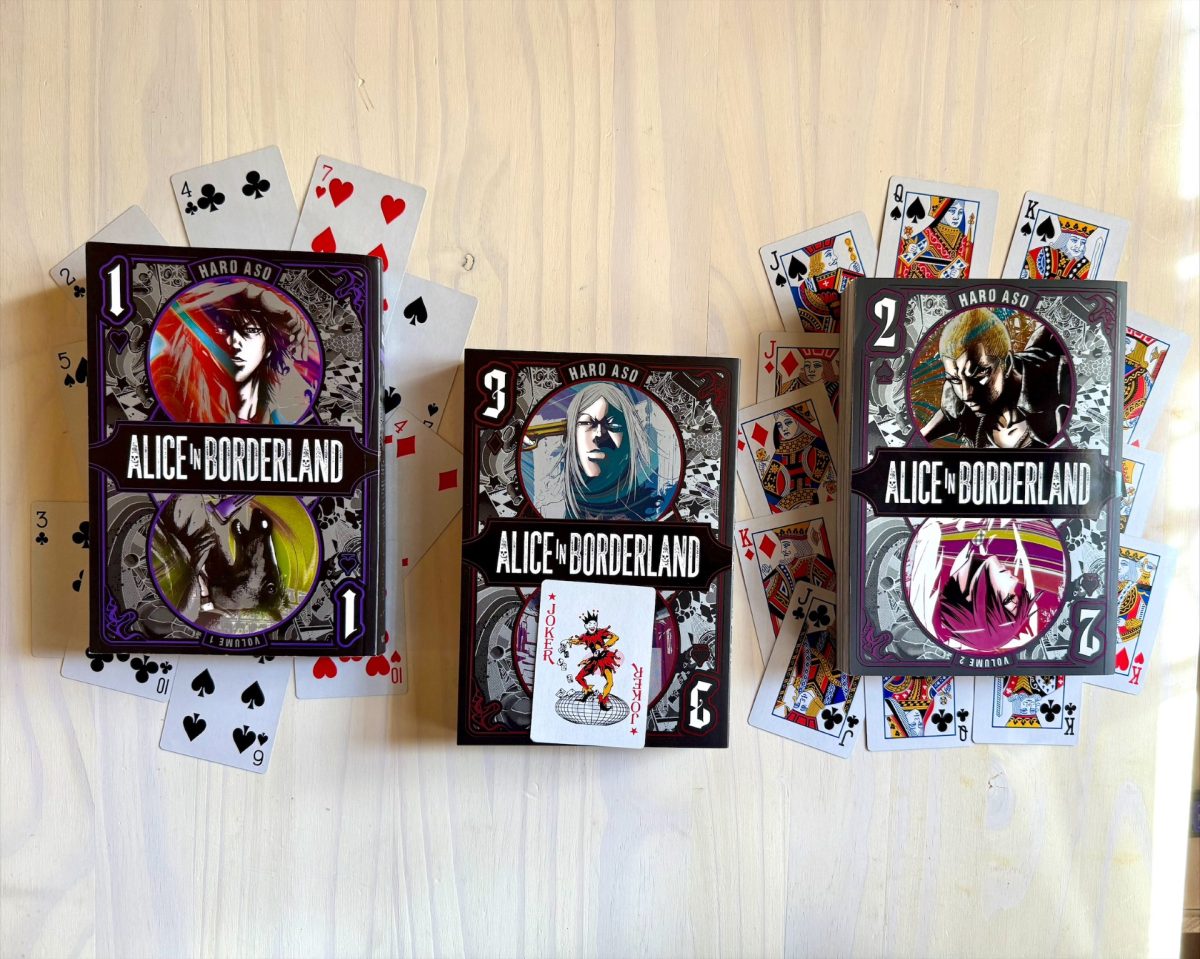The Fight for a “Free Palestine”

June 4, 2021
“We know too well that our freedom is incomplete without the freedom of the Palestinians.” – Nelson Mandela
People around the world of different racial and religious backgrounds resume pursuing equal rights as cases of social unrest continue to unfold. This circumstance has now been extended towards Palestinians, where awareness is being spread about their sufferings of institutionalized discrimination, which have been imposed by Israelis. With the tensions between the two groups rising, the future of the Israeli-Palestinian conflict remains uncertain.
What is the Israeli-Palestinian Conflict?
Violent conflict has existed between Israelis and Palestinians for 100 years. Specifically, regarding this situation, when Palestine was first acquired by Britain, many Jewish people began to move into the predominately Arab region. Expectedly, the Arabs in Palestine largely opposed this massive migration, which led to conflict between these two communities. Therefore, in order to quell the violence, the UN General Assembly voted that Palestine would be split into two states, where one area would be occupied by Jews while the other was for Arabs.
However, this tactic failed to achieve its goal because the Jewish community started to take steps towards declaring Israel an independent state. This angered the neighboring Arab states because this action would prompt more Jews to emigrate, which ultimately led to the acquisition of the Arabs’ ancestral homeland in order to compensate for the growing population of the Jewish community. From this catastrophe, thousands of Palestinians fled or were forced out of their rightfully owned homes. Although a ceasefire was eventually called, Israel occupied a majority of the territory and Palestinians could not return to their homes and became refugees in minority areas.
What is happening now?
Decades later in 2021, the preexisting hatred between these two communities erupted when Israelis took action regarding their disagreements on the possession of the sacred religious site: Jerusalem. In particular, during the holy month of Ramadan, Israelis blocked numerous Palestinian gatherings and evicted many of them from an east Jerusalem neighborhood.
Furthermore, to make matters worse, violence in Israel and the Gaza Strip commenced, where rockets and airstrikes were launched against both the Israeli and Hamas militaries. From this alone, 28 Palestinians were killed in Gaza; there were even more casualties in Jerusalem and across the West Bank, where clashes with Israeli security forces occurred in regards to illegal blockades.
How can we help?
Although the Middle East seems to be far from people’s reach, there are still ways to aid Palestinians who were victims of the Israeli-Palestinian conflict. For instance, some ways are to keep up with the news on what is happening, donate to movements and charities, and become an advocate against the injustices towards Palestinians.


